Ranking 10 luckiest Indian cricketers
It's funny how sometimes luck can help some players get more time to play for their country than they would have otherwise.
View : 19.5K
14 Min Read
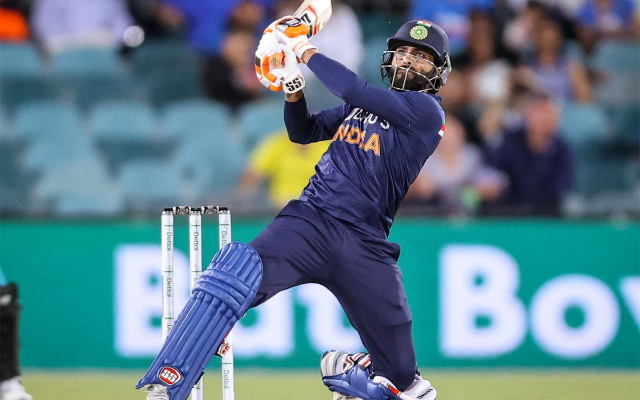
In sports, there is a certain amount of hard work required to make it big as a professional. When it comes to an Indian cricketer, the equation is totally different. There are 1.3 billion people in this country and most of them love and adore cricket. To become one of the eleven players to step onto the field and represent your country is a huge deal in itself.
However, there are times when some players get to play at the international level because someone is injured or someone else, who is a permanent player, is not in form. This piece is in no way disrespecting anybody’s feelings and showing them in a bad light. These are human stories of sports personnel. And like in life, in sports sometimes luck plays a part.
Here is the ranking of 10 luckiest Indian cricketers:
10. Rishi Dhawan
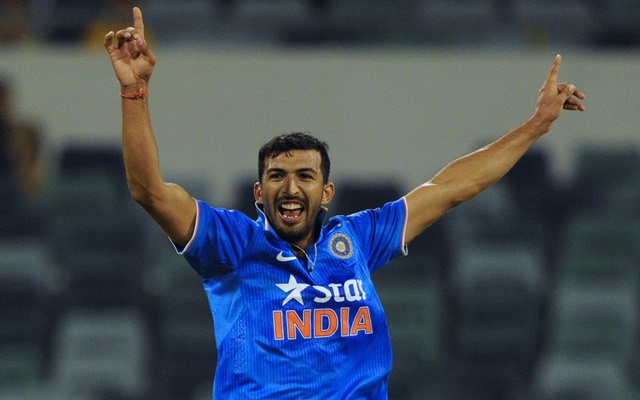
It would be wrong to say that Rishi Dhawan was a household name at any given point in his career. However, it will be unfair to say that he was just lucky enough to play for India. Because that isn’t true. His game is a product of hard work and not giving up attitude. Having said that, it should be questioned if he was used in the right condition or not.
The story begins and finishes in early 2016. India was on its search to have a seam-bowling all-rounder in the ODI team. The sole purpose was to have someone at no. 7, who can give about 10 overs and also can have a handy contribution to play as a batter. Now, Dhawan was a fit for this role, considering he had been playing for India A and his IPL and domestic team. But, he was probably not ready to become India’s primary no. 7, a role which was expertly managed by Ravindra Jadeja in the years building up to this moment.
He got three ODIs in Australia, a place that wasn’t suited to his style of bowling. With the bat, he failed to contribute massively in the two innings in which he played. After this series, India found Hardik Pandya, and Jadeja was backed once again. You can call Rishi Dhawan lucky or unlucky, depending on the argument which you like, but it is absolutely certain he would not have played for the country unless there was a specific need to fulfill on a specific tour.
9. KL Rahul
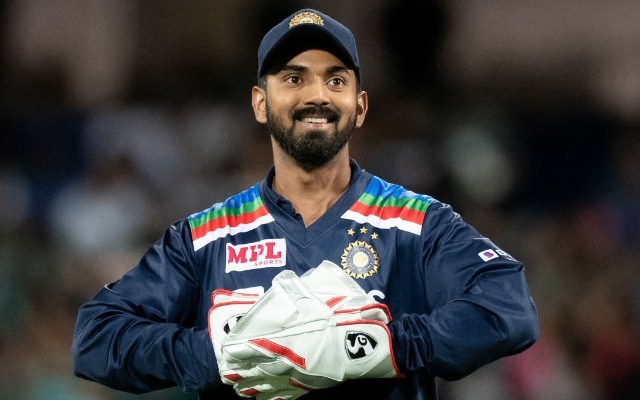
When KL Rahul arrived at the 2019 World Cup, there were a few things that weren’t going alright for him. He had been a prolific run-getter in the IPL, but had not found a proper place in the ODI team. On top of that, in late 2018, he was dropped from the Test side, and later on, due to the infamous ‘Koffee with Karan’ controversy, he lost his spot in the ODI side as well.
A strong show at the IPL 2019 helped him to book a spot in the World Cup squad, but his role was not defined when the squad was named. Eventually, in the practice games, he batted at no. 4. A century against Bangladesh in a warm-up game made him seal a spot at no. 4 in India’s starting XI. However, his fortunes would have been similar to all other no. 4s of the Indian team, if Shikhar Dhawan would have not been injured.
Rahul’s World Cup didn’t get off to a good start as he failed to score big in the first game and didn’t get more than three balls in the second. But Dhawan’s injury meant he batted in the top order and got success. After the World Cup, he played a few more games opening the innings, which made him almost undroppable. Since then, Rahul has remained a permanent member of the ODI team, batting down the order at no. 5.
8. Ravindra Jadeja

There is no doubt in saying that Ravindra Jadeja is one of the most important players in India, and whenever a team India XI is written, he is almost bound to find a place in the side. But, this wasn’t the case until a few years back. In 2017, Jadeja was dropped from the ODI side after some underwhelming performances in the format for a considerable time.
Despite being majorly successful in the Test format, Jadeja became indispensable in ODIs. On top of that, Hardik Pandya had taken a giant stride to become India’s no. 7 after the 2017 Champions Trophy. The Indian team had a change of spin culture when it came to the white-ball set-up as Virat Kohli was in favor of having two leg-spinners which made Jadeja lose his spot.
But, all of that changed in the Asia Cup 2018. Hardik Pandya got injured midway through the tournament. Because the tournament was being played in UAE, it was possible for India to replace a seam-bowling all-rounder with his spin counterpart. In his very first match back into the team, Jadeja picked up 4 for 29 in 10 overs, helping India beat Bangladesh.
A few months after that, he made another comeback in the ODI team when Hardik Pandya was dropped from the ODI team in Australia, due to his ‘Koffee with Karan’ controversy. Jadeja has not looked back since then.
7. Piyush Chawla
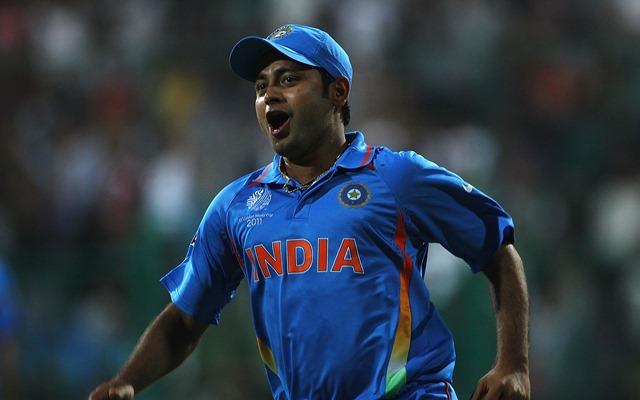
Piyush Chawla first came into news when he performed outstandingly well during the U-19 World Cup in 2006. Within a year, he was fast-tracked into the Indian team. Reasons? He had amazed everyone as a teenager. His googlies and straight ones were one of the things Kevin Pietersen didn’t like during India’s tour of England in 2007.
That series helped him book a place in the Indian team which went for the inaugural T20 World Cup in South Africa in 2007. He was supposed to make his T20I debut against Scotland, which was India’s opening match. But, unfortunately, the match was called off due to rain without a ball being bowled. He played none of the six subsequent matches, but will always have a T20 World Cup medal around his neck.
After this tournament, Chawla drifted away a bit, mainly due to mediocre performance. Making it big as a leg-spinner wasn’t a thing back in the late 2000s. But, he kept his domestic performances in check and managed to sneak past several budding spinners and a certain Mumbai batsman (Rohit Sharma, don’t guess too much) to make it to the World Cup 2011 squad. He played just three matches, which turned out to be his last three ODIs. But, he will definitely retire with not one but two World Cup medals. Maybe, he is the lucky charm and India needs to bring him back to fix their knockout stages record in the ICC tournament.
6. S Sreesanth
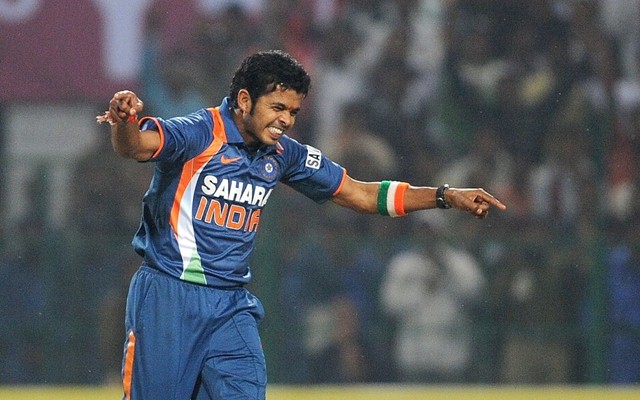
Yes yes yes, we know S Sreesanth was probably India’s most hostile pacer for a couple of years. Boy, he was good! But he was a bit lucky as well. And this is not about the early part of his career when he was bouncing Jacques Kallis and getting Adam Gilchrist bowled. It was about the late part of the first leg of his career. (The second wasn’t a leg, it was the bicep of his career.)
Ahead of the 2011 World Cup, S Sreesanth was a part of the Test squad. But, not necessarily of the ODI team. In November-December 2010, he played two ODIs against New Zealand and kept himself in contention, picking up seven wickets. The problem had always been his economy and consistency or lack of it. But, India didn’t have to deal with that as they had a few pacers to bank on going into the mega event.
Ashish Nehra had revived his career and so did Munaf Patel. Zaheer Khan looked in good shape and Praveen Kumar was one of the more exciting talents. The four pacers were selected for the World Cup, sidelining Sreesanth. But, unfortunately for Praveen Kumar, an injury ruled him out and Sreesanth was called in. He played only two matches. The opening match against Bangladesh and the final against Sri Lanka, which was also his last ODI. In total, he bowled 13 overs, conceded 105 runs, and didn’t pick up a wicket.
5. Varun Aaron
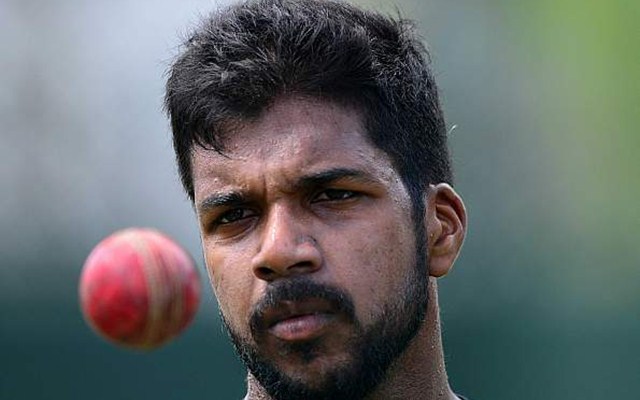
For a lot of cricket experts, Varun Aaron is an interesting case. He was quick when he came around and probably is still running in the yards, bowling quick as we speak. But, his career is as strange as India’s fast-bowling experiment between Zaheer Khan and the pacer brigade we have now.
Aaron made a name for himself around the same time Umesh Yadav did. Both were quick and faster than any other domestic bowler at the time. India doesn’t generally produce pacers who can bowl at 145 kmph and when someone does, he is fast-tracked into the Indian team. Some eventually become Ishant Sharma while the others end up having careers more like Aaron.
Between 2011 and 2015, Aaron played nine Tests, never playing consistently really. He picked up 18 wickets with an average of 52.61, something which would have made his father proud had he been a batter rather than a bowler. He played a similar number of ODIs, but with nothing really amazing. Quick stat, he had an economy of 4.77 in his Test career and 6.61 in his nine ODIs.
4. Stuart Binny
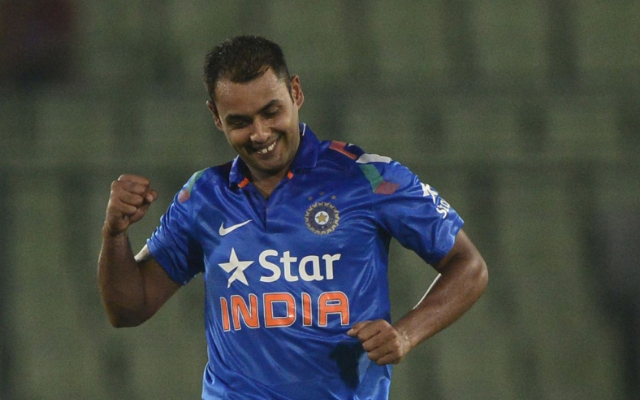
Stuart Binny made his debut for India in 2014. Now, it will be unfair to say that his selection in the Indian team was just based on pure luck. But, there are a few things that people have to understand why he actually played 6 Tests and 14 ODIs. One, he was a seam-bowling all-rounder. And, India being India, MS Dhoni being MS Dhoni loves a seam-bowling all-rounder.
They can bat. They can bowl. They can drive their team to success. They can provide a perfect balance. Unfortunately, Binny, during his India career, didn’t do any of that. Yes, he does hold the record of the best bowling figures by an Indian in the history of cricket. (I don’t even know how that makes me feel. All I can say is that Bangladesh batted really poorly on that day when this happened.)
Roger Binny (father of Stuart) held a position in the BCCI national selection committee between 2012 and 2015. Stuart played his last Test in 2015, his last ODI in 2015, and his last T20I in 2016. But, surely, these two things are not related. But, Stuart wasn’t a bad cricketer. He was lucky that he did something which was rarely found in his country, was highly rated by the national captain, at a time when Hardik Pandya was not yet found by the Ambanis and Vijay Shankar was not a 3-D player.
3. Vijay Shankar
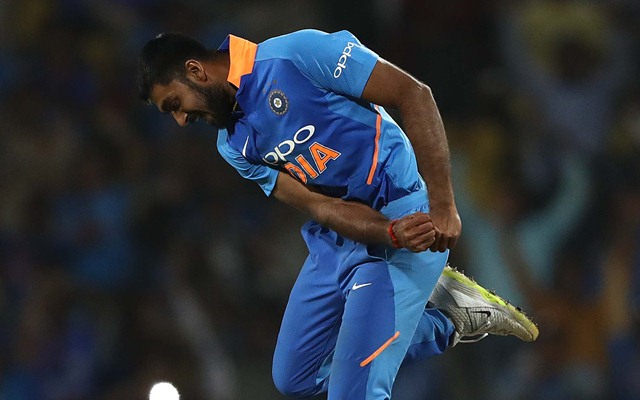
From one hostile seam-bowling all-rounder to another. Both Vijay Shankar and Stuart Binny have a few things in common. Both are from the South. Both bat in the lower order. Both can bowl a little bit of seam bowling and both were picked for a World Cup where they didn’t have a lot to do.
If there’s a book ever written on ‘3D and the use of its term in India’, Shankar’s story will definitely be a chapter. Maybe a page. Or maybe a para. Or maybe, even a line would be enough. The fact that Shankar was a designated 10-overs bowler in some of the matches that India played and then he went to become India’s no. 4 in the next series tells what a circus of team selection was going on ahead of the 2019 World Cup.
In fact, to think of it, he was India’s no. 4, a supporter of Hardik Pandya, a good fielder, and the 3D player that India was looking for. That was all going into the World Cup. He played three matches. Scored a few runs. Took two wickets against Pakistan. Took a few catches. Got injured in the practice. Came back to India midway through the World Cup 2019 and never played a single match for India after that. Luck or not, it’s all perspective.
2. Shivam Dube
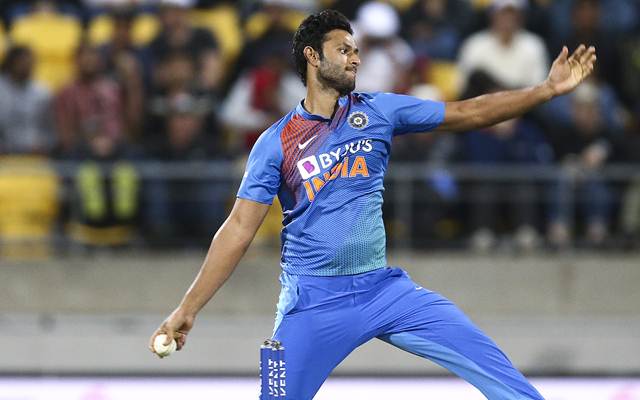
If you start making a list of players who have played for India just because they could do a bit of both, you will have enough candidates to fill another list of lucky cricketers who have played for India. If Stuart Binny and Vijay Shankar were strange, Shivam Dube’s selection is downright absurd. And by that, I don’t mean to say he is bad, he is not good enough.
More often than not, some players end up having this type of career because their roles are not defined by the team management. And Shivam Dube is one of those players. The only reason why he played a bit of cricket for India is that he had an action that vaguely replicated something cricket experts might call ‘seam-bowling’, and also bat a little better than some.
The other reason why Dube played for the Indian team was because of Hardik Pandya’s injury. Pandya had been a seam-bowling all-rounder, batting at no. 7 and more often than not bowling full 10 overs. When Hardik got injured, the team management just wanted someone, who could do the same things. Dube played one ODI and 12 T20Is for India and at the time, it doesn’t seem he will get an opportunity any time soon.
1. Kedar Jadhav
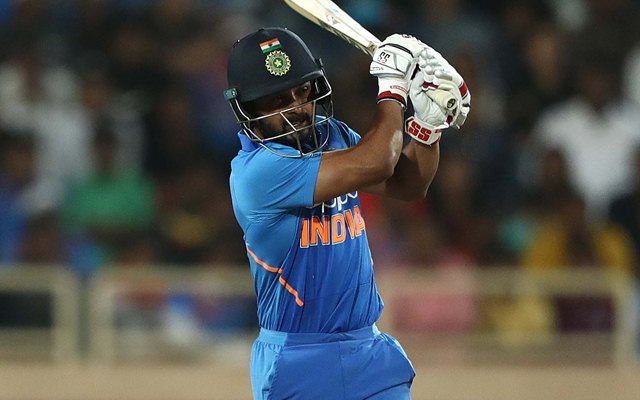
Kedar Jadhav is someone who can bat exceptionally well in white-ball cricket. His first-class numbers are pretty good as well. As a matter of fact, his ODI numbers suggest that he has an average of 42 and a strike rate of 101. These are quite good numbers for someone who has played 73 ODIs for his country.
Despite that, his career might not be remembered because there weren’t too many memorable knocks. But, he played for a significant period of time. A lot of critics might have felt that he played a lot more matches because he was someone who could bowl a few overs along with handy batsmanship the lower order.
Interestingly enough, in the era in which he played, India had no one other than him in the top 6 who could potentially act as a sixth bowler. Imagine the time when Sourav Ganguly led, he always had access to part-timers. Then came Dhoni and he too had Suresh Raina to use as a sixth bowler. Jadhav wasn’t a proper sixth bowler. But, that skill which wasn’t good at gave his batting a whole lot of importance and he played over 70 games for his country.
Download Our App